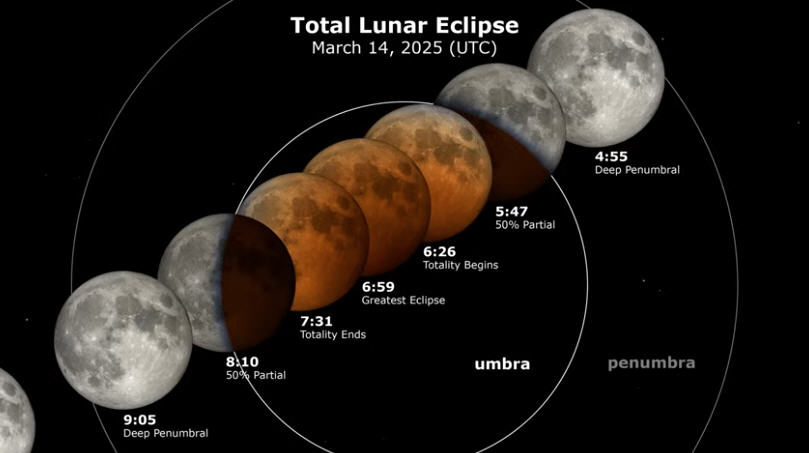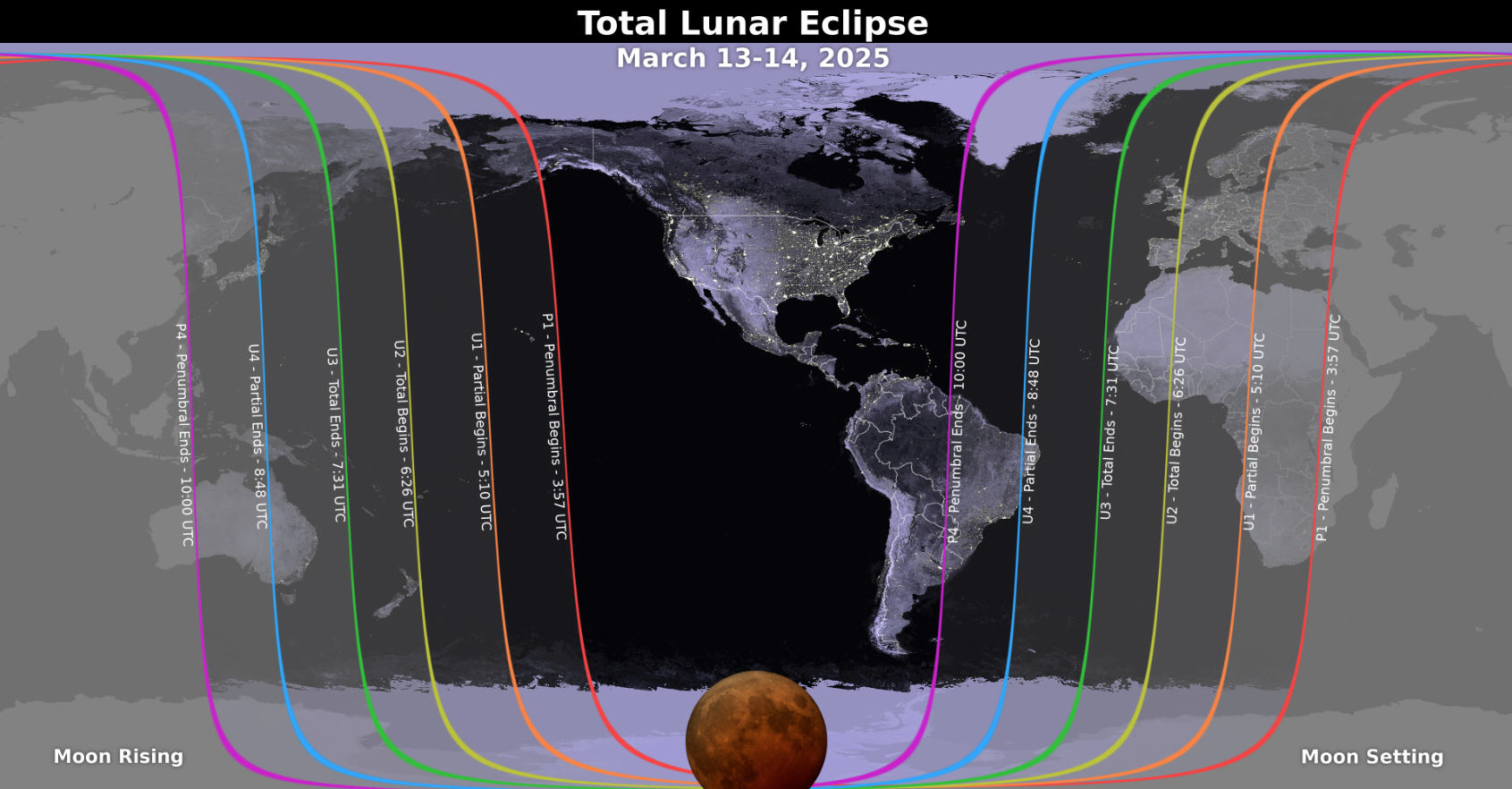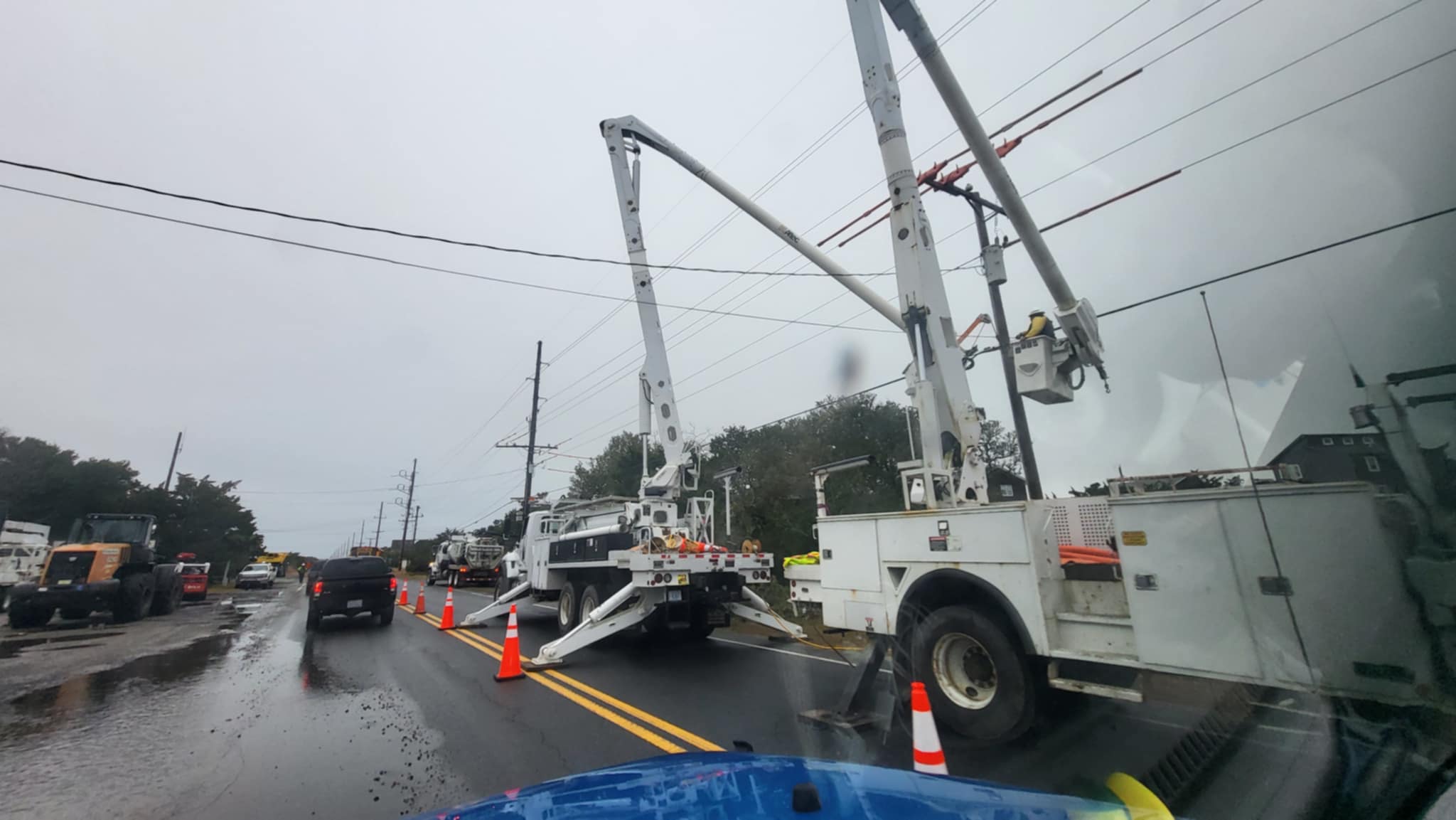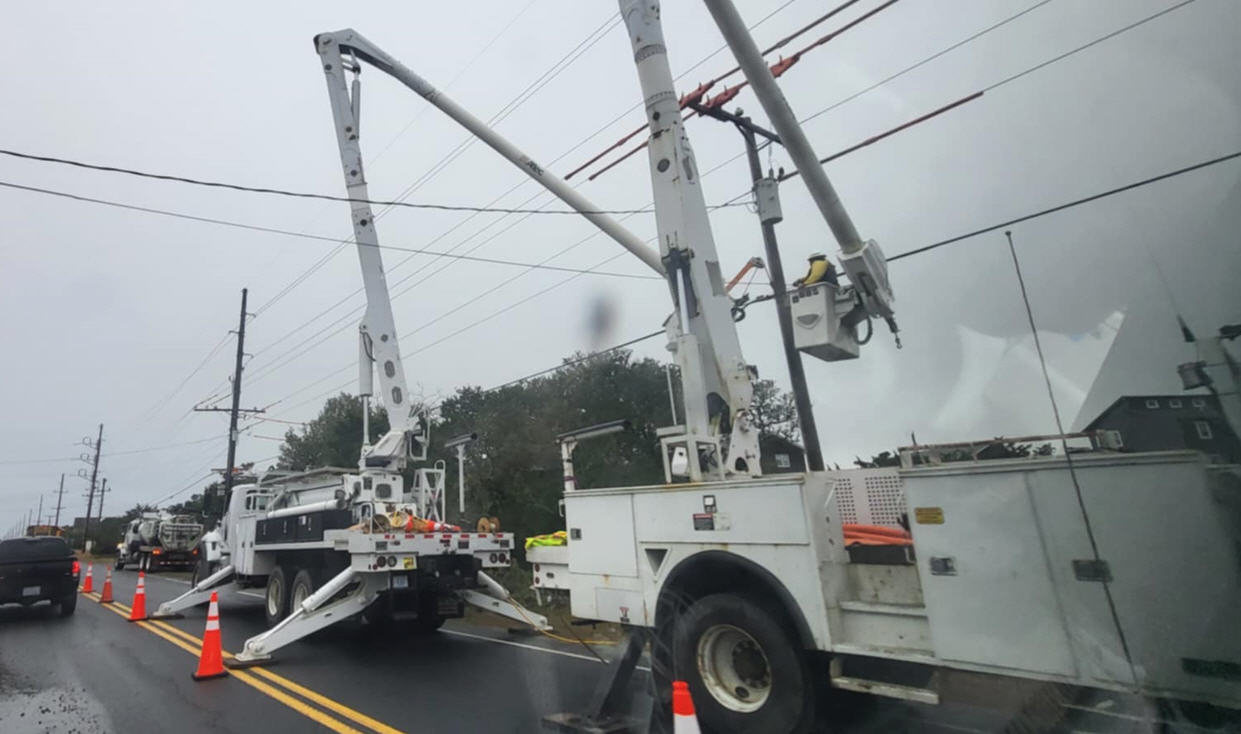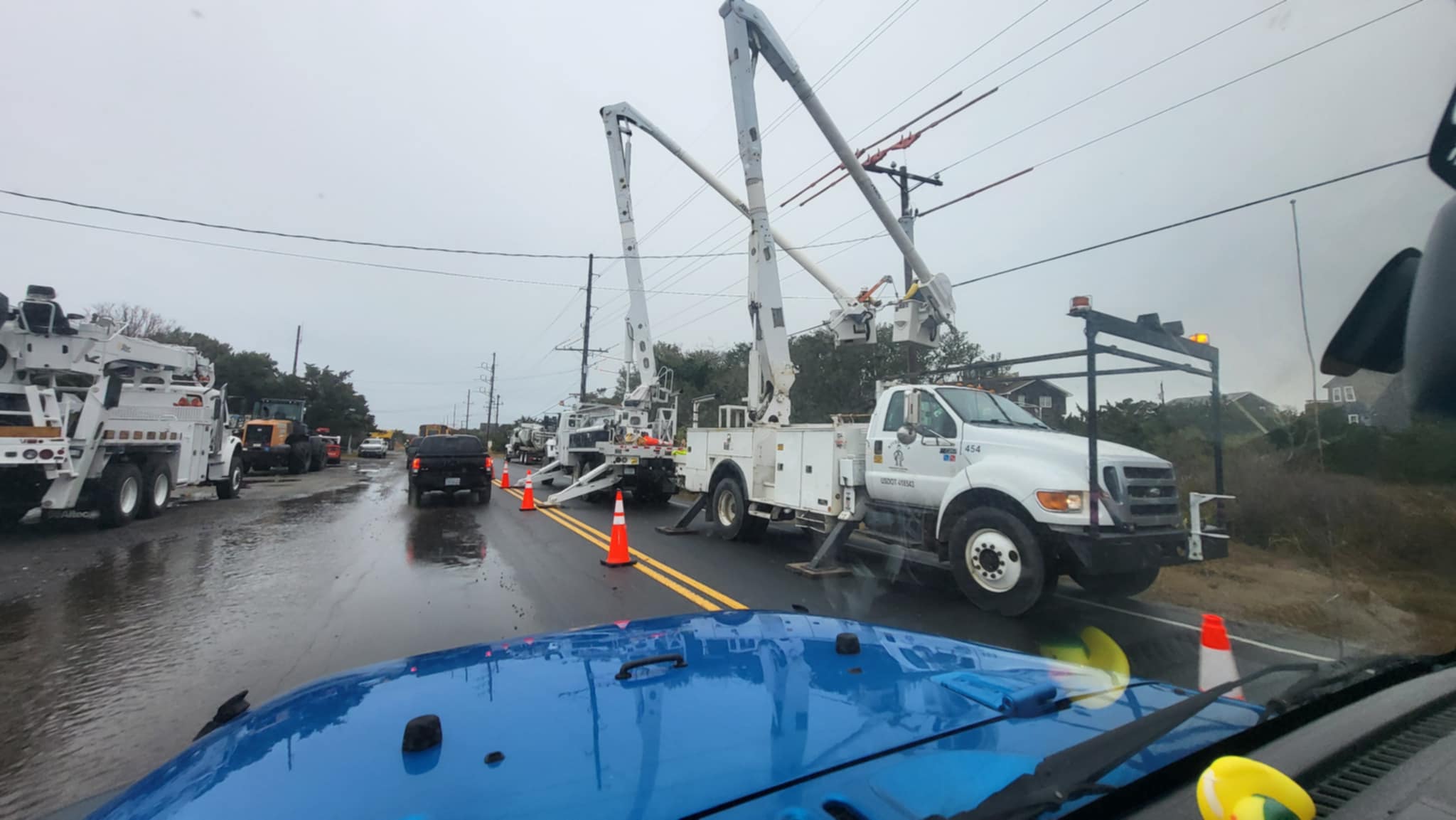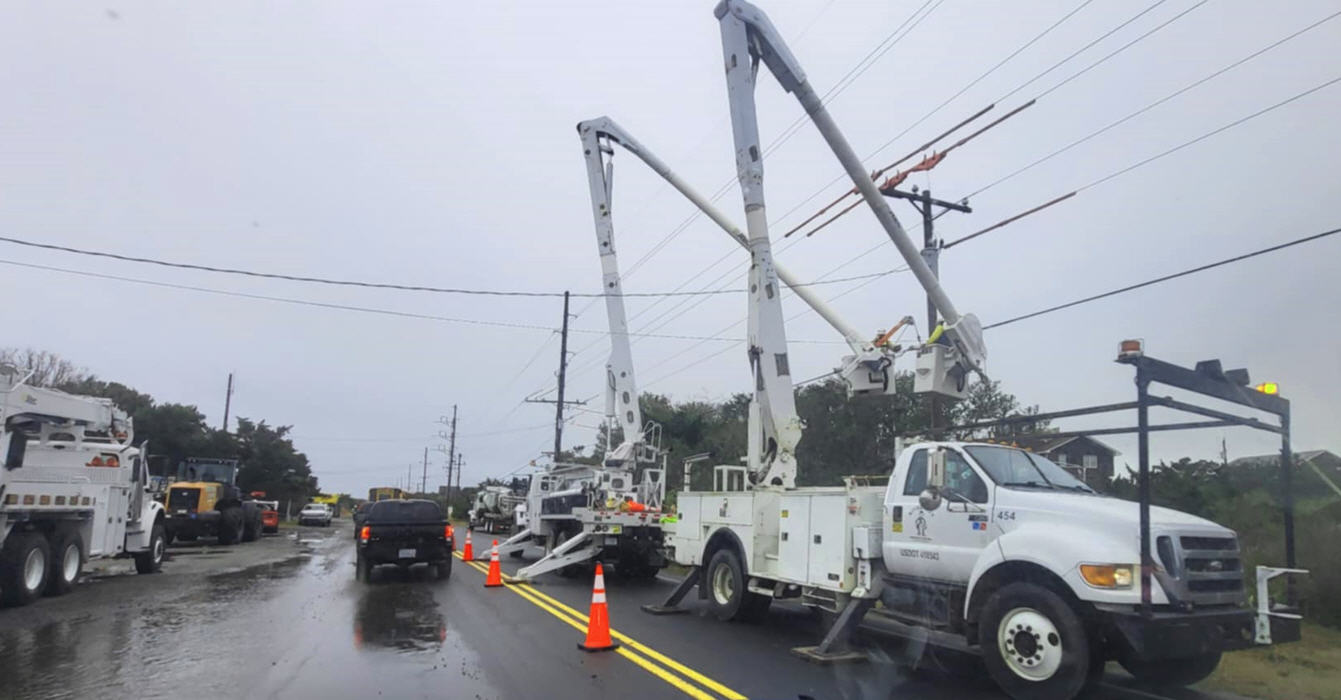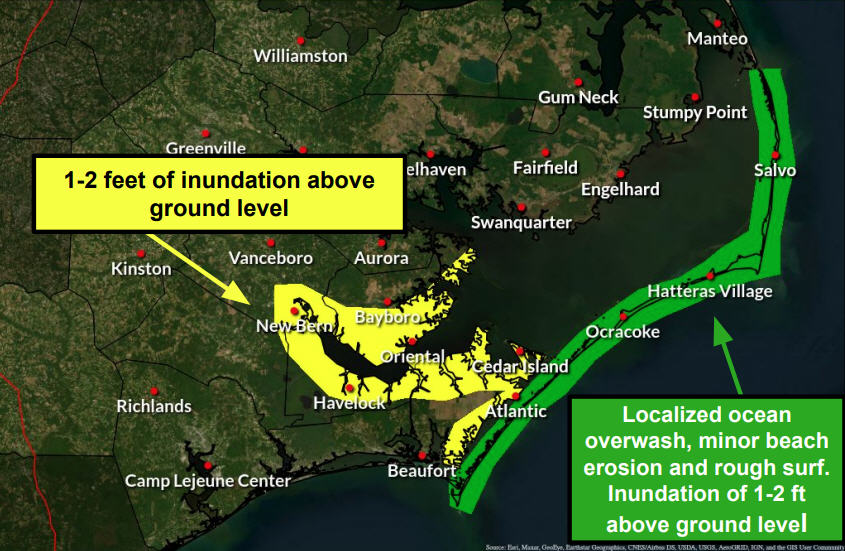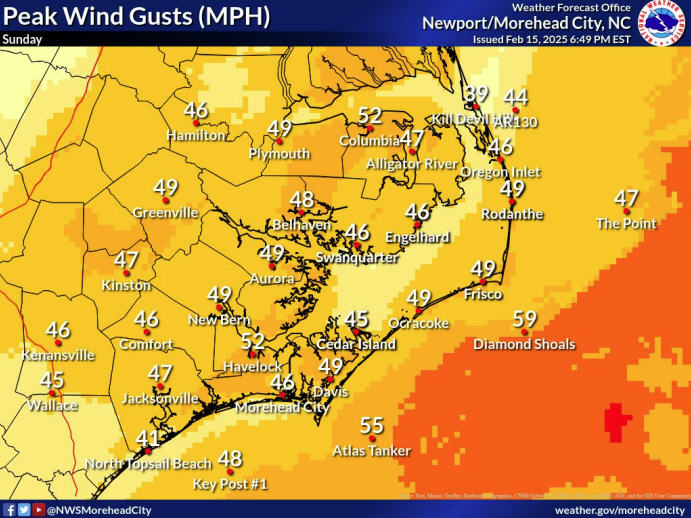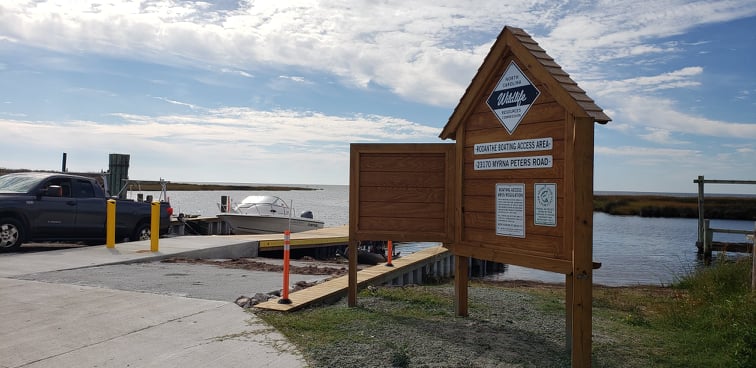Jones takes aim on Endangered Species Act
U.S. Rep. Walter B. Jones, R-N.C., is taking action to modernize the Endangered Species Act (ESA) in order to prevent the waste of taxpayer money and implementation of unnecessary, economically harmful regulations.
This week Congressman Jones is co-sponsoring seven pieces of legislation that would bring transparency to ESA processes and reduce the law’s impact on economic growth.
“In Eastern North Carolina, we continue to see the negative economic impact of unnecessary ESA-related regulations,” said Congressman Jones. “Often times these regulations are based on suspect science, and are implemented on top of other federal, state and local management measures that are already adequately protecting the species in question.
“The bills that I’ve cosponsored would enact common-sense reforms, bring transparency to ESA listing and litigation procedures, and ensure that the economy and other important factors are fully considered before more unnecessary regulations are put into place.”
A summary of the legislation that Congressman Jones is cosponsoring follows:
H.R. 1314 – Would prevent special interest groups from bringing unnecessary lawsuits against the U.S. Fish and Wildlife Service – which are settled on the taxpayer dime and often result in action being taken without advice from experts or impacted groups – by amending the ESA to allow input from any person, business, state or local government that would be affected by the settlement of the lawsuit.
H.R. 4256 – Endangered Species Improvement Act of 2014 – Would ensure that the federal government counts animals dwelling on both private and federal lands when determining recovery for species listed as threatened or endangered.
H.R. 4315 – 21st Century Endangered Species Transparency Act – Would provide transparency in ESA listing decisions by requiring the data used in making those decisions to be publicly available online.
H.R. 4316 – Endangered Species Recovery Transparency Act – Would provide transparency in the cost of litigation brought against the U.S. Fish and Wildlife Service (FWS) under the ESA by requiring FWS to report to Congress and make available online the amount of taxpayer money used to respond to lawsuits, the number of employees dedicated to litigation, and attorneys fees awarded as a result of lawsuits.
H.R. 4317 – State, Tribal, and Local Species Transparency and Recovery Act – Would require that in making ESA listing decisions, the federal government use scientific and commercial data provided by states, tribes, and local governments that will be affected by the listing, and disclose to those governments what data was used in making the decision.
H.R. 4318 – Endangered Species Litigation Reasonableness Act – Would place caps on taxpayer-funded attorneys fees in litigation brought under the ESA, making the law consistent with the Equal Access to Justice Act.
H.R. 4319 – Common Sense in Species Protection Act – Would require that before issuing a critical habitat designation, the federal government must publish and make available for public comment a comprehensive analysis, taking into account public and private economic effects on land use, property value, employment, and the provision of public services such as water and power.





